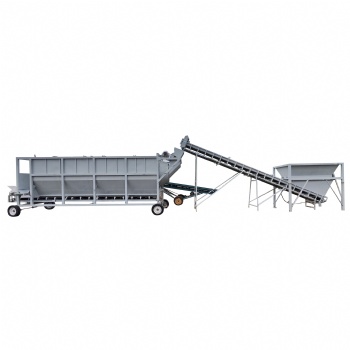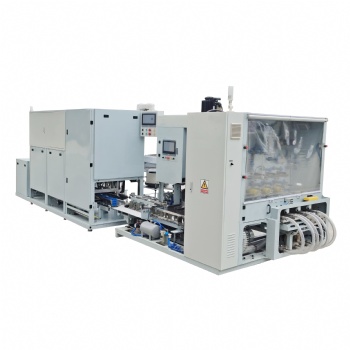News
Fungi cultivation cycles vs. sawdust addition amount

The porosity of the culture medium is related to the particle size of the various substances that make up
the culture medium. For this, we divide the cultivation cycle into about 60 days, about 120 days, and about
240 days (referring to the time from inoculation to the end of harvesting) for discussion. In the previous article,
we talked about short-term and medium-term. In this article, we will talk about fungi with long-term cultivation cycles
Cultivation cycle 180~240 days (long-term): such as shiitake mushrooms, black fungus, and ganoderma lucidum,
all belong to typical long wood saprophytic fungi. Its cultivation cycle is as long as 180~240 days, or even several
years (such as Wuping purple ganoderma). For shiitake mushrooms and ganoderma lucidum, many growers directly
use 1.4~1.6 cm wood blocks as the main material for cultivation culture medium wood chips. In order to distinguish
them from sawdust, these small wood blocks are called small wood particles.
Most of the wood chips used to grow shiitake mushrooms belong to the beech family (black fungus comes from oak),
and they are hard in texture. After about 120 days, the shiitake mushroom mycelium has not completely degraded the
small wood particles, but only partially degraded the small wood particles from the surface to the inside, and the mycelium
accumulates nutrients and stores them between the particles. In a suitable mushroom-producing environment, it can only
be allowed to degrade while storing biological energy and waiting for the opportunity to produce mushrooms. What are
the conditions for mushroom production? There must be enough mycelium, mechanical stimulation, temperature difference
stimulation, and pH value. After the mushroom buds are exposed on the surface of the culture medium, they need to enjoy
moderate light, humidity and breeze.
After the first wave of shiitake mushroom sticks are harvested, the small wood particles in the cultivation sticks are basically
degraded and more nutrients are accumulated. This is to ensure that there is still enough lignin in the later stages of cultivation
to continuously provide the necessary nutrients for the development of shiitake mushroom fruiting bodies, thereby increasing
the harvest batches of shiitake mushrooms and achieving the goal of increasing production.
Categories
Contact Us
- +86 15093267083
- +86 15093267083
- amy@zzbelead.com
- +8615093267083




